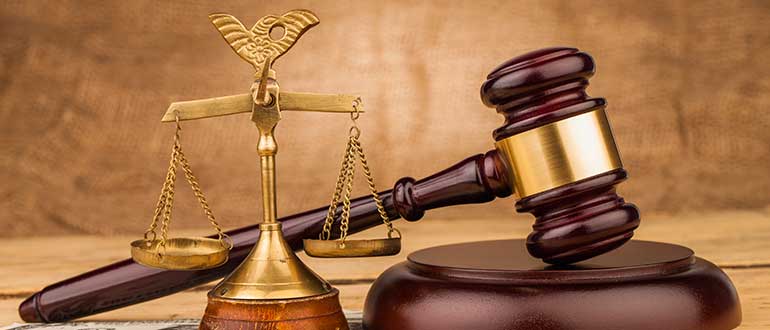
The US Tax Court is a federal court that specializes in hearing tax-related cases. It is a unique court that serves a specific purpose and has its own set of rules and procedures that must be followed. In this post, we will discuss the US Tax Court and highlight 15 important things you should know about it.
The Purpose of the US Tax Court
The US Tax Court is designed to resolve disputes between taxpayers and the Internal Revenue Service (IRS) over federal tax issues. The court hears cases involving income tax, estate tax, gift tax, employment tax, excise tax, and other types of taxes.
Who Can Use the US Tax Court?
Any taxpayer who receives a notice of deficiency from the IRS can use the US Tax Court to dispute the IRS’s assessment of their tax liability. This notice informs the taxpayer that the IRS has determined they owe additional taxes, and it provides them with the opportunity to dispute the assessment before the IRS takes any collection actions.
The US Tax Court Is Independent
An independent court that functions independently from the IRS, the US Tax Court has independent judges that the President appoints and the Senate confirms. The IRS has no bearing on the court’s decisions, which are supported by the evidence and the law.
The US Tax Court Is a National Court
It is a federal court that hears cases from all 50 states. Taxpayers do not have to physically appear in court to present their arguments; they can file their cases with the court in any state.
The US Tax Court Has a Small Claims Division
A small claims division of the US Tax Court deals with cases where the taxpayer owes less than $50,000 in taxes. Taxpayers may represent themselves without the assistance of an attorney during these informal hearings.
The US Tax Court Is a Court of Record
Since the US Tax Court is a court of record, all of its proceedings are taped and written down. This enables the creation of a precise and comprehensive record of the case, which is crucial for appeals and other post-trial actions.
The US Tax Court Has Its Own Rules
All parties must abide by the rules and procedures established by the US Tax Court. To ensure that the court’s proceedings are fair and consistent, these rules address everything from filing deadlines to evidence specifications.
The US Tax Court’s Decisions Can Be Appealed
Decisions of the US Tax Court may be appealed to the taxpayer’s circuit of the US Court of Appeals. This gives taxpayers who disagree with the court’s ruling an additional layer of review.
The US Tax Court Can Award Costs
The winning party in a case may be granted costs by the US Tax Court. This can cover legal counsel fees, expert witness costs, and other litigation-related costs.
The US Tax Court Can Order Refunds
If the US Tax Court determines that a taxpayer has overpaid their taxes, it has the power to order the IRS to issue a refund to the taxpayer. For taxpayers who were incorrectly assessed additional taxes by the IRS, this can be a significant remedy.
The US Tax Court Provides an Alternative to Going to District Court
Taxpayers who dispute their tax liability with the IRS can either go to the US Tax Court or the district court. The US Tax Court provides an alternative to the district court, which can be a more expensive and time-consuming option.
The US Tax Court Has Its Own Jurisdiction
The US Tax Court has its own jurisdiction over tax cases and can hear cases related to federal tax issues. It can also hear cases related to other tax-related matters, such as certain penalties and refunds.
The US Tax Court Has a Pro Bono Program
Low-income taxpayers who cannot afford legal representation are given legal representation by the US Tax Court through a pro bono program. No matter their financial situation, this program guarantees that all taxpayers have access to legal representation.
The US Tax Court Is Unique Among Federal Courts
Because it functions as a trial court rather than an appellate court, the US Tax Court is distinct from other federal courts. This indicates that the court, rather than a court of review, is the first port of call for taxpayers who want to contest their tax liability.
The US Tax Court Provides a Neutral Forum for Tax Disputes
For taxpayers and the IRS to settle their tax disputes, the US Tax Court offers a neutral forum. Since the judges of the court are independent and unaffected by the IRS or any other outside forces, each case is resolved fairly and justly. The US Tax Court plays a critical role in resolving tax disputes between taxpayers and the IRS. It is an independent court that operates separately from the IRS, and it has its own set of rules and procedures that must be followed. Taxpayers who receive a notice of deficiency from the IRS should consider using the US Tax Court to dispute the assessment of their tax liability.
